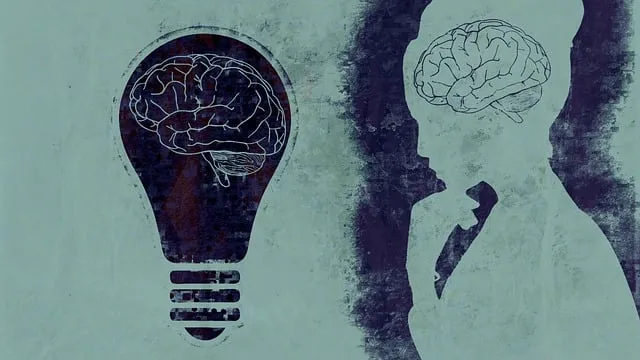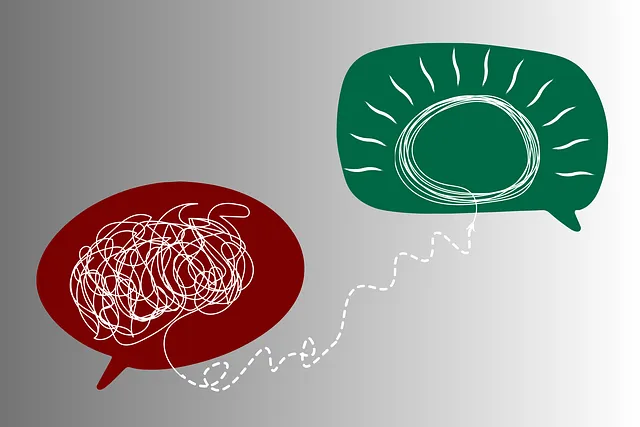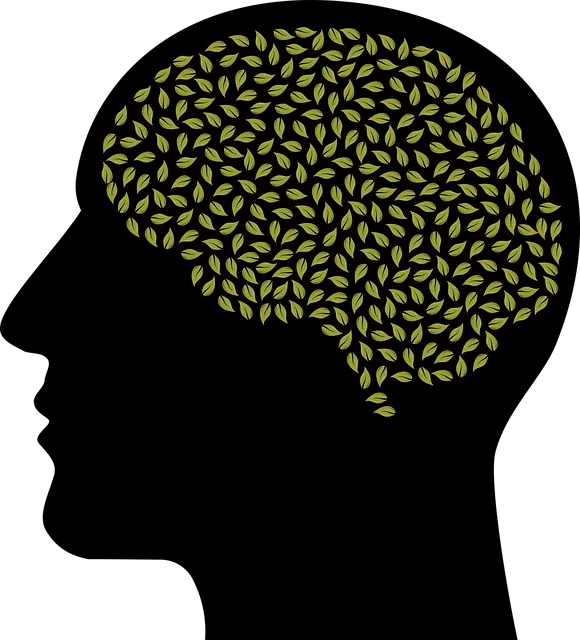Lakewood Kaiser Permanente Mental Health addresses modern stress through holistic approaches. They empower individuals with coping skills, empathy, social training, and resilience-building techniques, alongside healthier lifestyle habits like exercise and balanced diets. Evidence-based therapies such as CBT and MBSR are used to target negative thought patterns and reduce stress. Mental health education programs promote empathy and stigma reduction. Building resilience through self-awareness exercises and trauma support services enhances stress handling and mental well-being.
Stress reduction is a vital aspect of maintaining good mental health, as highlighted by professionals at Lakewood Kaiser Permanente Mental Health. This comprehensive guide explores effective methods to manage stress and enhance overall well-being. From understanding the impact of stress on our minds and bodies, we’ll delve into practical lifestyle changes, evidence-based therapies, and resilience-building strategies. Discover how these approaches can transform your daily routine, offering a peaceful and balanced life at Lakewood Kaiser Permanente mental health services.
- Understanding Stress and Its Impact at Lakewood Kaiser Permanente Mental Health
- Lifestyle Changes for Better Mental Well-being
- Evidence-Based Therapies for Stress Management
- Building Resilience: Coping Strategies for Everyday Life
Understanding Stress and Its Impact at Lakewood Kaiser Permanente Mental Health

At Lakewood Kaiser Permanente Mental Health, we recognize that stress is a pervasive aspect of modern life. It arises from various sources, such as work pressures, personal relationships, financial constraints, and health issues. Prolonged or chronic stress can significantly impact both mental and physical well-being. Research shows that elevated stress levels are linked to an increased risk of anxiety disorders, depression, heart disease, and weakened immune systems.
Understanding these impacts is the first step towards effective stress reduction. Our approach at Lakewood Kaiser Permanente Mental Health focuses on empowering individuals with coping skills development and empathy building strategies. We also offer social skills training as a means to foster connections and support networks, which are vital for navigating life’s challenges. Through these comprehensive methods, we aim to help our clients build resilience and lead more fulfilling lives.
Lifestyle Changes for Better Mental Well-being

Adopting a healthier lifestyle is a powerful tool for improving mental well-being, as recognized by Lakewood Kaiser Permanente mental health experts. Simple yet effective changes such as regular exercise, a balanced diet, and adequate sleep can significantly reduce stress levels. Physical activity, in particular, has been shown to release endorphins, often referred to as ‘feel-good’ hormones, which can boost mood and promote a sense of calm.
Additionally, cultivating positive thinking habits through mental wellness coaching programs development or engaging in public awareness campaigns can be transformative. Encouraging people to focus on gratitude, practice mindfulness, and reframe negative thoughts can lead to lasting improvements in overall mental health. These strategies, combined with regular self-care practices, create a holistic approach to stress reduction, ultimately fostering better mental wellness for individuals within the Lakewood Kaiser Permanente community and beyond.
Evidence-Based Therapies for Stress Management

Stress management has evolved significantly with advancements in evidence-based therapies. At Lakewood Kaiser Permanente mental health services, professionals employ a range of effective techniques to help individuals cope with stress and promote overall well-being. Cognitive Behavioral Therapy (CBT), for instance, is a widely recognized approach that focuses on identifying and changing negative thought patterns and behaviors contributing to stress. This therapy has been extensively studied and proven successful in numerous clinical trials, making it a go-to choice for many mental health professionals.
Additionally, Mindfulness-Based Stress Reduction (MBSR) programs have gained popularity due to their holistic nature. These programs combine meditation practices, body scans, and mindfulness exercises tailored to individuals’ daily routines. Research suggests MBSR can reduce stress, improve emotional regulation, and enhance overall quality of life. Beyond these therapies, Lakewood Kaiser Permanente also emphasizes Mental Health Education Programs Design as a crucial component in stigma reduction efforts and empathy building strategies, empowering individuals to better understand and manage their mental health effectively.
Building Resilience: Coping Strategies for Everyday Life

Building resilience is a key component of stress reduction and maintaining good mental health, as advocated by Lakewood Kaiser Permanente’s mental health experts. Coping strategies that foster resilience can help individuals navigate life’s challenges more effectively. Self-Awareness Exercises play a crucial role in this process; by regularly taking time to introspect and understand one’s thoughts and emotions, people can begin to identify triggers for stress and anxiety relief techniques. This increased self-awareness allows for proactive management of stressors, preventing them from overwhelming one’s mind.
Additionally, trauma support services are invaluable resources for those dealing with past traumatic experiences that continue to impact their present. These services provide specialized tools and therapies to help individuals process and overcome trauma, thereby reducing the negative impact it has on their day-to-day life and overall mental well-being. Incorporating these coping strategies into everyday routines can significantly enhance one’s ability to handle stress and promote a sense of calm and resilience.
Stress reduction is a multifaceted approach, and as demonstrated by the resources at Lakewood Kaiser Permanente Mental Health, there are evidence-based methods tailored to individual needs. Incorporating lifestyle changes and exploring therapeutic strategies like cognitive-behavioral therapy can significantly enhance mental well-being. By adopting resilient coping mechanisms, individuals can better navigate life’s challenges. Remember that stress management is a personal journey, and with the right tools and support, achieving a calmer, more balanced state is achievable.






